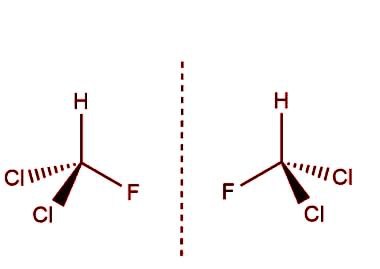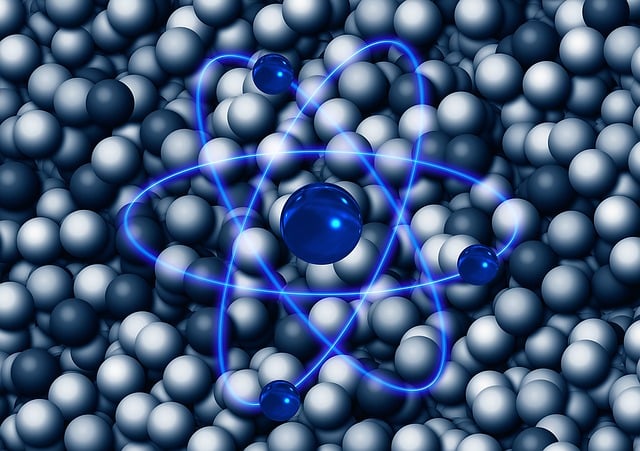Enthalpy
Definition: Enthalpy is a measure of the total internal energy of a system, including both kinetic and potential energy, whereas entropy is a measure of the disorder or randomness of a system.
Unit of measurement
Enthalpy is typically measured in units of joules (J) or calories (cal), while entropy is typically measured in units of joules per kelvin (J/K).
Role in thermodynamics
Enthalpy is a fundamental concept in thermodynamics and is often used to describe heat transfer in a system. Entropy, on the other hand, is a measure of the availability of energy in a system to do work and is used to describe the disorder or randomness of a system.
Sign:
Enthalpy is a state function, meaning that it depends only on the initial and final states of a system, not on the path taken to get there. The change in enthalpy of a system is positive if heat is absorbed by the system, and negative if heat is released by the system. Entropy is also a state function, and the change in entropy of a system is positive if the system becomes more disordered, and negative if the system becomes more ordered.
Relationship to energy:
Enthalpy is a measure of the total energy of a system, including both kinetic and potential energy. Entropy, on the other hand, is not directly related to energy, but rather to the availability of energy to do work.
Applications:
Enthalpy is commonly used in chemical reactions to predict the heat transfer that will occur. Entropy is important in the study of thermodynamics and is used to predict the behavior of systems at equilibrium.





If you have any doubts, please let me know